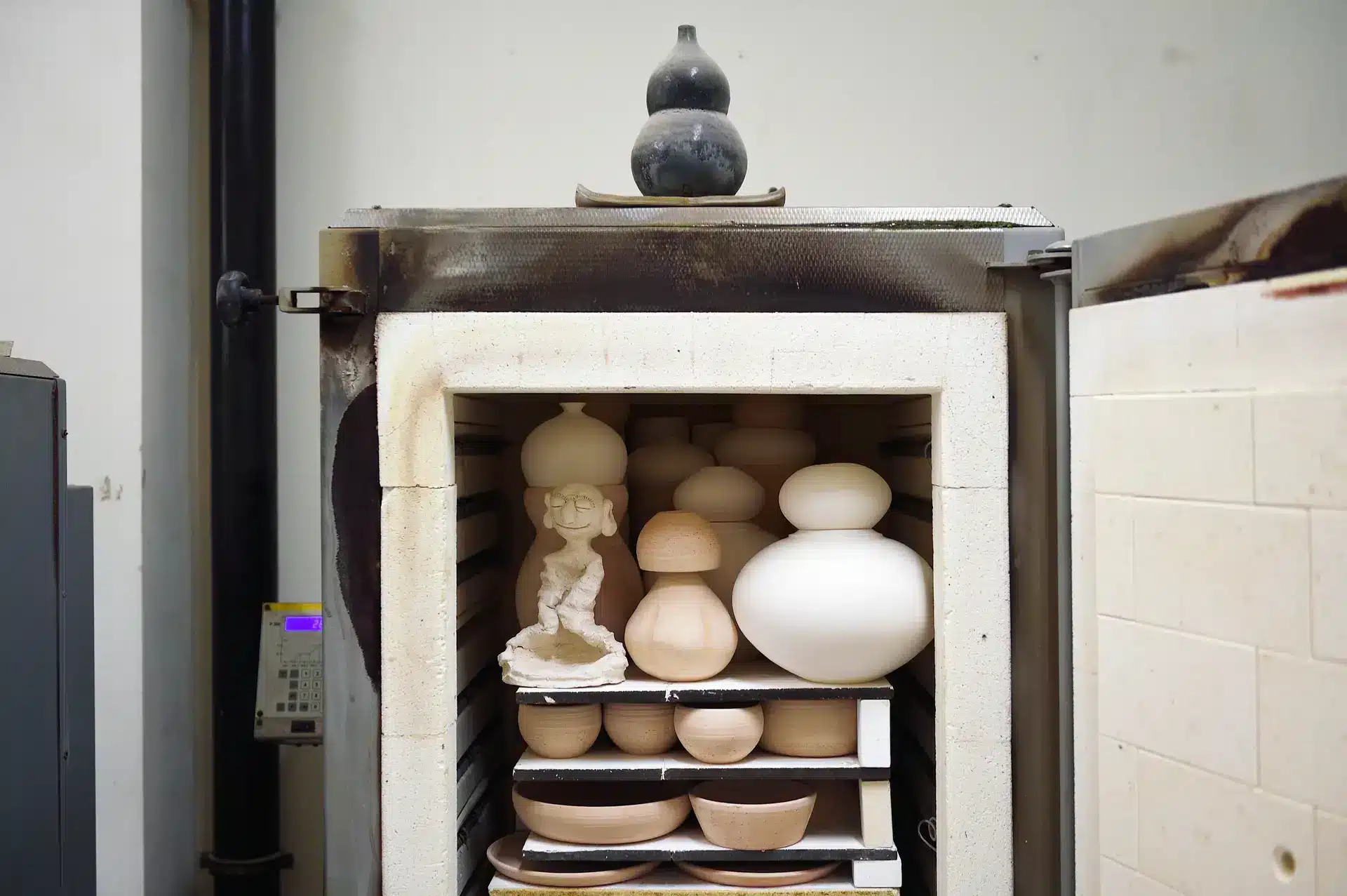PM promises “big effort over next few weeks”
Portugal intends to reformulate the visa booking system to put an end to the difficulties in booking appointments in various consular services, the prime minister announced today during his official visit to Cabo Verde.
“We’re going to streamline this process by taking some measures to normalise it” and “prevent the exploitation that exists today of some networks” that hoard and charge those who want to emigrate to Portugal for a free service – as happens in Cabo Verde, he said.
“We’re going to make a big effort over the next few weeks and, not wanting to be too optimistic, I hope that within a maximum of two months there will be news capable of normalising this situation.”
The intention is to resolve problems not just in Cabo Verde but the rest of the consular network.
José Cesário, Portugal’s Secretary of State for the Communities, explained that “the model will be changed” for national visas.
“A very serious mistake was made in adopting this scheduling model as a principle and this led to the chaotic situation we are experiencing today”, he said. “We will now progressively introduce changes (…) There are various ways of doing this (…) they have been tested in various places;they work today, as they did in the past – we just have to adapt them to the local reality,” he said.
The topic was on the agenda yesterday when the prime minister was approached in the street by a Cabo Verdean citizen who implored him to keep borders open because there are people like him who want to work, and think of Portugal as a destination.
“Cabo Verdean’s follow Portuguese politics very closely and are very well informed about the content of the programmes, the policies that are being designed by the new government, which is good,” the PM told reporters afterwards.
“I recognise the validity of the words addressed to me (…) the message was also implicit: we want dignity, we want regulation so that we can have a good welcome and integration.
“People need to be treated with dignity. In addition to the interest we have in having human resources,” there must be “access to housing, to all labour rights, health, education” and other services, he added.
During a press conference with his Cabo Verdean counterpart, UIisses Correia e Silva, Portugal’s prime minister admitted:
“Now, unfortunately, it is clear that we have accumulated problems in the agency that replaced the SEF (service for foreigners and borders) in terms of service and promptness of response. And that’s really hurting people.”
As the PM stressed when presenting the government’s four-year programme, the new executive wants, in respect of immigration, “a policy of doors that are neither wide open nor closed, a policy of regulation that respects rights
“The idea that we can function without rules is utopian, nor does it have any advantages for those seeking quality of life,” but on the other hand, ” the idea of closing doors and frustrating mobility” is also not viable, so “it is on balance that we are focusing, with more agile mechanisms.
“Unfortunately, in recent years, the search for more agile solutions has ended up clogging up the services and we have to do some things” to “unclog” them, because “they are not providing a capable response”, he conceded.
Guaranteeing the continuity of professional training projects supported by Portugal in Cabo Verde, the PM dubbed the current process of investing in training so that Portugal can receive qualified staff, absorbed in economic activity, with protection and guarantees, as “the best way to welcome and integrate immigrant labour“.
It is a “strategic policy that interests both countries” and that “has nothing to do with the parliamentary framework we have in Portugal”, he assured in response to a journalist who questioned ‘the risk that the increase in far-right MPs could bring’.
“It doesn’t occur to me that anyone could jeopardise” a project with such a virtuous “framework”, or even “have doubts about migratory flows”, said Mr Montenegro.
Speaking for the Cape Verdean government, Ulisses Correia e Silva said he hopes that labour mobility can be guaranteed “with rights, in a structured and organised way”, serving as an example for what the relationship between Europe and Africa “could be”.
The PM left Cabo Verde with a “full heart”, according to reports, and plans for a bi-lateral summit in November in which investments in the fields of tourism, the Blue Economy, digital economy, industry and ‘opportunities’ posed by digital transformation and energetic transition will be discussed.
Source material: LUSA/ SIC Notícias




















